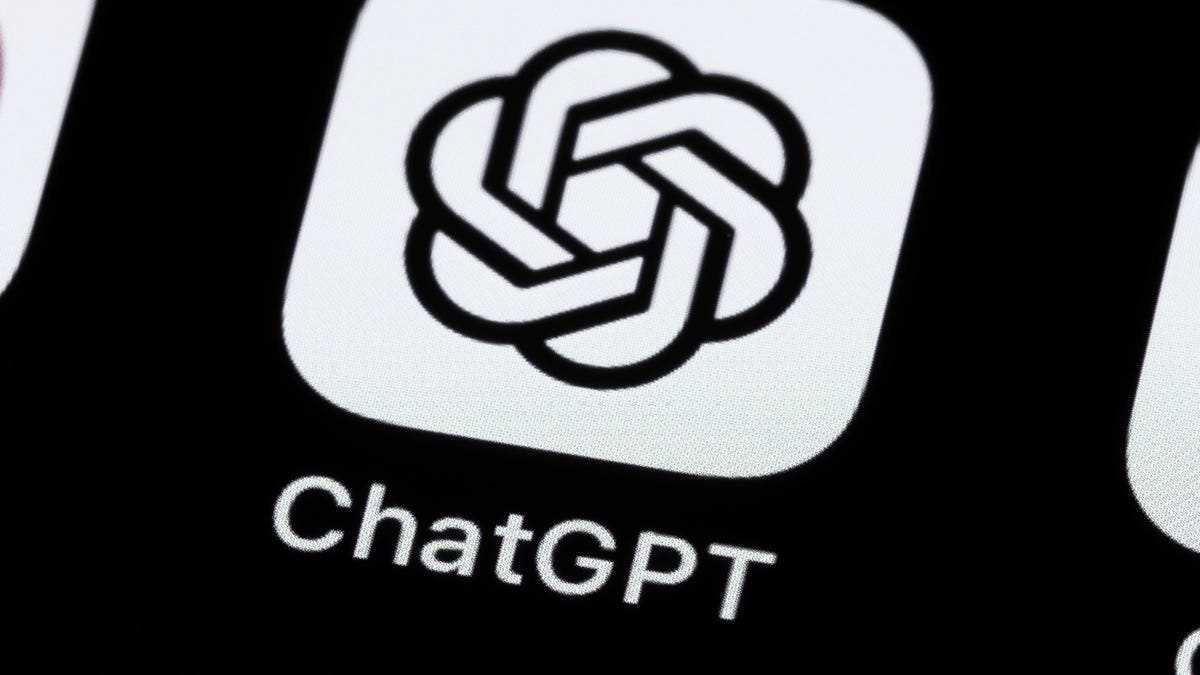- cross-posted to:
- fuck_ai@lemmy.world
- cross-posted to:
- fuck_ai@lemmy.world
The research from Purdue University, first spotted by news outlet Futurism, was presented earlier this month at the Computer-Human Interaction Conference in Hawaii and looked at 517 programming questions on Stack Overflow that were then fed to ChatGPT.
“Our analysis shows that 52% of ChatGPT answers contain incorrect information and 77% are verbose,” the new study explained. “Nonetheless, our user study participants still preferred ChatGPT answers 35% of the time due to their comprehensiveness and well-articulated language style.”
Disturbingly, programmers in the study didn’t always catch the mistakes being produced by the AI chatbot.
“However, they also overlooked the misinformation in the ChatGPT answers 39% of the time,” according to the study. “This implies the need to counter misinformation in ChatGPT answers to programming questions and raise awareness of the risks associated with seemingly correct answers.”



They don’t require as much human intervention to make the results usable as would be required if the tool didn’t exist at all.
Compilers produce machine code, but require human intervention to write the programs that they compile to machine code. Are compilers useless wastes of energy?
Compilers are deterministic and you can reason about how they came to their results, and because of that they are useful.